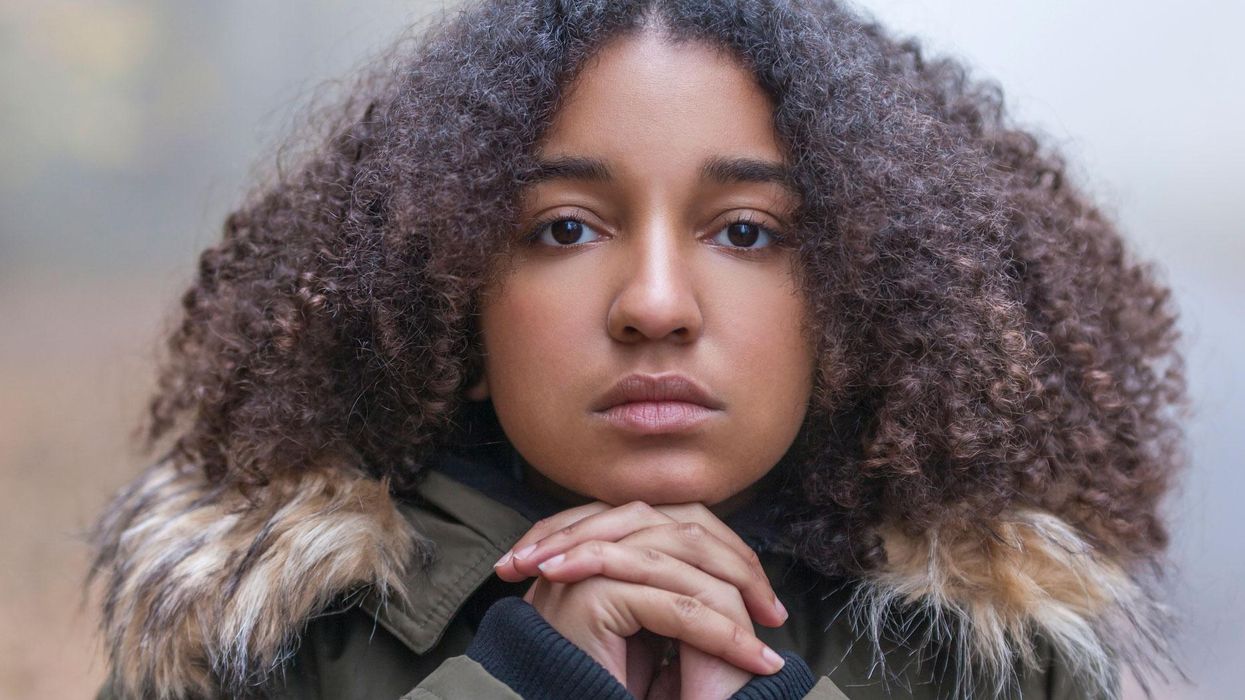Viral
Mimi Launder
Feb 20, 2018

Picture:
iStock / dmbaker
The picture often painted of depression – crying, sleeping a lot and acting withdrawn – can be one-sided, rigid and ultimately unhelpful.
Even worse, a recent study suggests that this social reality of stigma and stereotype has even infiltrated medicine itself.
The research found that the Center for Epidemiologic Studies Depression Scale (CES-D), a measure widely used to screen people with depression, is more effective in diagnosing white people than other groups.
CES-D attempts to be a catch-all test, yet race impacts the way people express and experience their depression.
The research focused black youths – particularly those in poverty – who're more likely to complain about conflicts with others, and physical pain and discomfort.
But these 'unconventional' depressive symptoms are not weighted enough in the CES-D to properly evaluate their mental state, the study concludes.
We suppose this is what happens when you model screening questions – such as asking people to give a rating of restless sleep, poor appetite and feeling lonely – on the symptoms of white people only.
Of course, the experiences of young black people who live in poverty are not representative of all young black people. Alfiee Breland-Noble, associate professor of psychiatry at Georgetown University School of Medicine and director of the AAKOMA Project, which helps address the needs of young people of colour, told Tonic:
I also caution us to be careful and not assume that the experiences of youth in poverty are universal and representative of all black youth given that most do not live in
But systemic inequality means that black people are more likely to be poor or unemployed than other groups.
Even more worryingly, it is these non-white groups that are also most at risk of depression. Black people are 20 per cent more likely to report serious psychological distress than white adults, a statistic exacerbated by poverty.
The study found that other depression screening tests – including ones used in the UK – may have similar limitations, meaning depressive symptoms could be missed altogether in black teens. The authors recommended:
Conceptualizations of depression among Black adolescents may differ from any other populations previously studied.
Clinicians should assess the unique expression of depression among Black youth when developing treatment plans.
Brian Dow, director of external affairs at Rethink Mental Illness, told indy100:
Given that people from BME communities in the UK are more likely to experience severe mental illness, it is worrying to see that tests may be less effective at screening depression in young black people.
The upshot of this could be that young people are being allowed to slip through the net and not get the treatment and support they need.
Too often we see treatments and care for people affected by mental illness that were designed without any sort of consultation with the people who will actually be using them.
There needs to be much more effort to engage with BME communities and ensure our system isn’t one size fits all.
If you're feeling vulnerable, upset or depressed there's alwayssomeone available to talk and help.
You can contact the Samaritans 24-hours a day for free via their website or phone line 116123.
If you're LGBT+ and in need of someone to talk to, Switchboard LGBT offer advice and help every day from 10am to 10pm on their website and on 0300 330 0630.
Alternatively, if you suspect a young person might be feeling suicidal, you can call Childlinefor help and advice on 0800 1111.
More: Artist goes viral after explaining why depression can make people feel tired all the time
Top 100
The Conversation (0)













